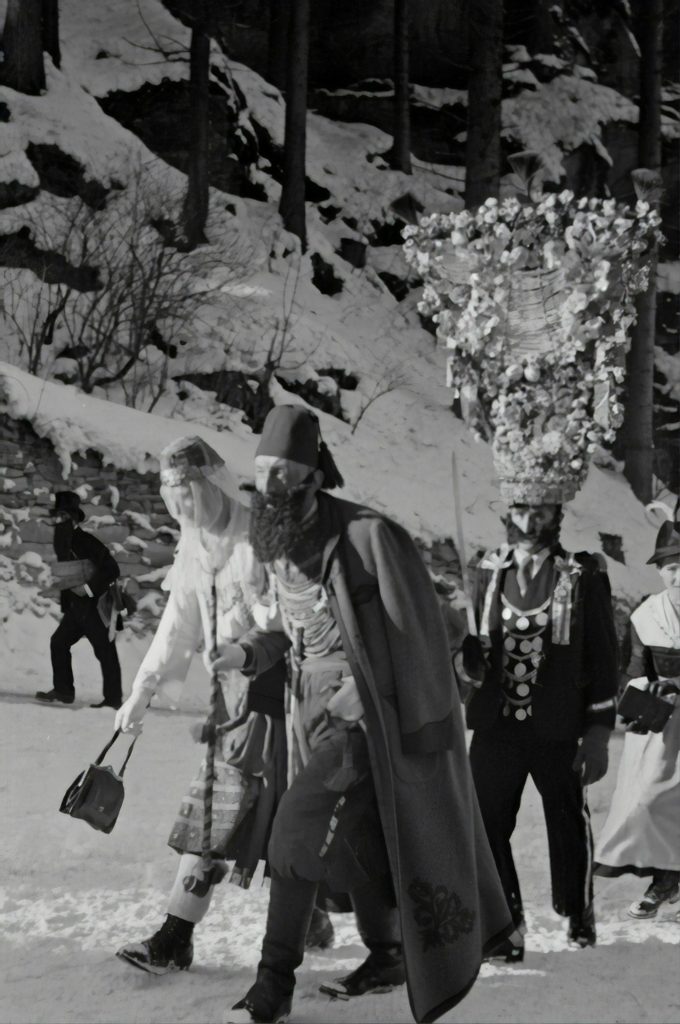In a world where television shows flicker in and out of existence with the changing of seasons, “The Simpsons” stands as an unparalleled testament to longevity, having painted our screens with shades of yellow for over three decades. This animated juggernaut, once a groundbreaking force of cultural commentary, has woven itself into the very fabric of pop culture. Yet, as we navigate the ever-evolving landscape of entertainment, a poignant question emerges: Is ”The Simpsons” still relevant? This inquiry beckons us to explore the series’ enduring legacy, its influence on modern storytelling, and whether it continues to resonate with both its steadfast fans and new generations of viewers. Join us as we delve into the world of Springfield to uncover whether the heart of this iconic show still beats with the rhythm of contemporary society.
Cultural Touchstone or Faded Icon
- Nostalgia and Evolution: For many, “The Simpsons” represents a nostalgic cornerstone of their childhood or adolescence. Its catchphrases and characters have woven themselves into the fabric of popular culture. Yet, while its early seasons are often hailed as comedic gold, the show’s longevity raises questions about its current resonance. Has it adapted to the evolving social landscape, or is it resting on its laurels, relying on past glories to maintain its place in the zeitgeist?
- Relevance in Modern Times: In today’s rapidly changing media environment, where streaming platforms offer an endless buffet of content, “The Simpsons” faces the challenge of staying pertinent. Its ability to satirize contemporary issues has always been a strength, but the pace of modern news cycles demands ever-sharper wit and insight. As new generations tune in, the show’s role as a cultural commentator is tested—does it still hold the mirror to society, or has its reflection grown dim with time?

The Evolution of Humor in The Simpsons
Over the decades, the humor in The Simpsons has evolved remarkably, mirroring the changing tides of societal norms and audience expectations. Initially, the show’s humor was deeply rooted in satirical takes on family life and American culture. However, as the series progressed, it began to incorporate a broader spectrum of comedic elements. Parody, political satire, and meta-humor became more pronounced, allowing the series to stay fresh and relevant. This evolution is evident in how the show tackles contemporary issues, often with a clever blend of wit and sarcasm that resonates with both new and long-time viewers.
- Classic Slapstick: The early seasons relied heavily on physical comedy and simple gags.
- Cultural References: As the show matured, it embraced pop culture references, often with a humorous twist.
- Dark Humor: In recent years, the series has not shied away from darker, more cynical humor, reflecting a shift in comedic tastes.
- Self-Referential Jokes: The Simpsons often breaks the fourth wall, poking fun at its own longevity and cultural impact.
While some critics argue that the humor has become more inconsistent, others appreciate the show’s ability to adapt and experiment with different comedic styles. This adaptability is arguably a key reason why The Simpsons continues to be a staple of television comedy, even as it navigates the complexities of modern humor.

Balancing Nostalgia with Modern Relevance
- Nostalgic Touchstones: The Simpsons has long been a repository of cultural references, drawing from the rich tapestry of American pop culture. Its iconic characters, memorable catchphrases, and classic episodes evoke a sense of nostalgia that resonates with audiences who have grown up alongside the show. From Bart’s rebellious antics to Homer’s love for donuts, these elements serve as comfort food for the soul, reminding viewers of simpler times.
- Adapting to Change: However, in the ever-evolving landscape of modern entertainment, The Simpsons faces the challenge of staying relevant. The show’s writers have been tasked with incorporating contemporary issues, technology, and societal shifts into the narrative, ensuring that it remains relatable to both long-time fans and new generations. This delicate balancing act requires creativity and an acute awareness of current trends, which the show has embraced through storylines addressing climate change, social media, and even political satire.
By juxtaposing its cherished past with the demands of the present, The Simpsons crafts a unique viewing experience that pays homage to its roots while daring to explore new horizons. This blend of old and new keeps the series fresh, allowing it to maintain its place in the cultural zeitgeist even after decades on air.

Strategies for The Simpsons to Captivate New Audiences
To engage a fresh wave of viewers, The Simpsons can employ several innovative strategies that reflect the evolving media landscape and cultural trends. First, enhancing digital presence is crucial. By leveraging social media platforms like TikTok and Instagram, the show can create bite-sized, shareable content that resonates with younger audiences. Animated shorts or exclusive behind-the-scenes clips could ignite interest and showcase the show’s humor in a modern context.
- Interactive Content: Introducing interactive episodes or online games can create immersive experiences that draw in tech-savvy viewers.
- Collaborations: Partnering with contemporary artists and influencers for guest appearances or themed episodes can broaden appeal and relevance.
- Diverse Storylines: Exploring a wider array of cultural narratives and social issues can attract audiences seeking representation and depth.
Additionally, embracing streaming services with exclusive content or spin-offs could capture the attention of binge-watchers, ensuring The Simpsons remains a staple in pop culture for generations to come.









